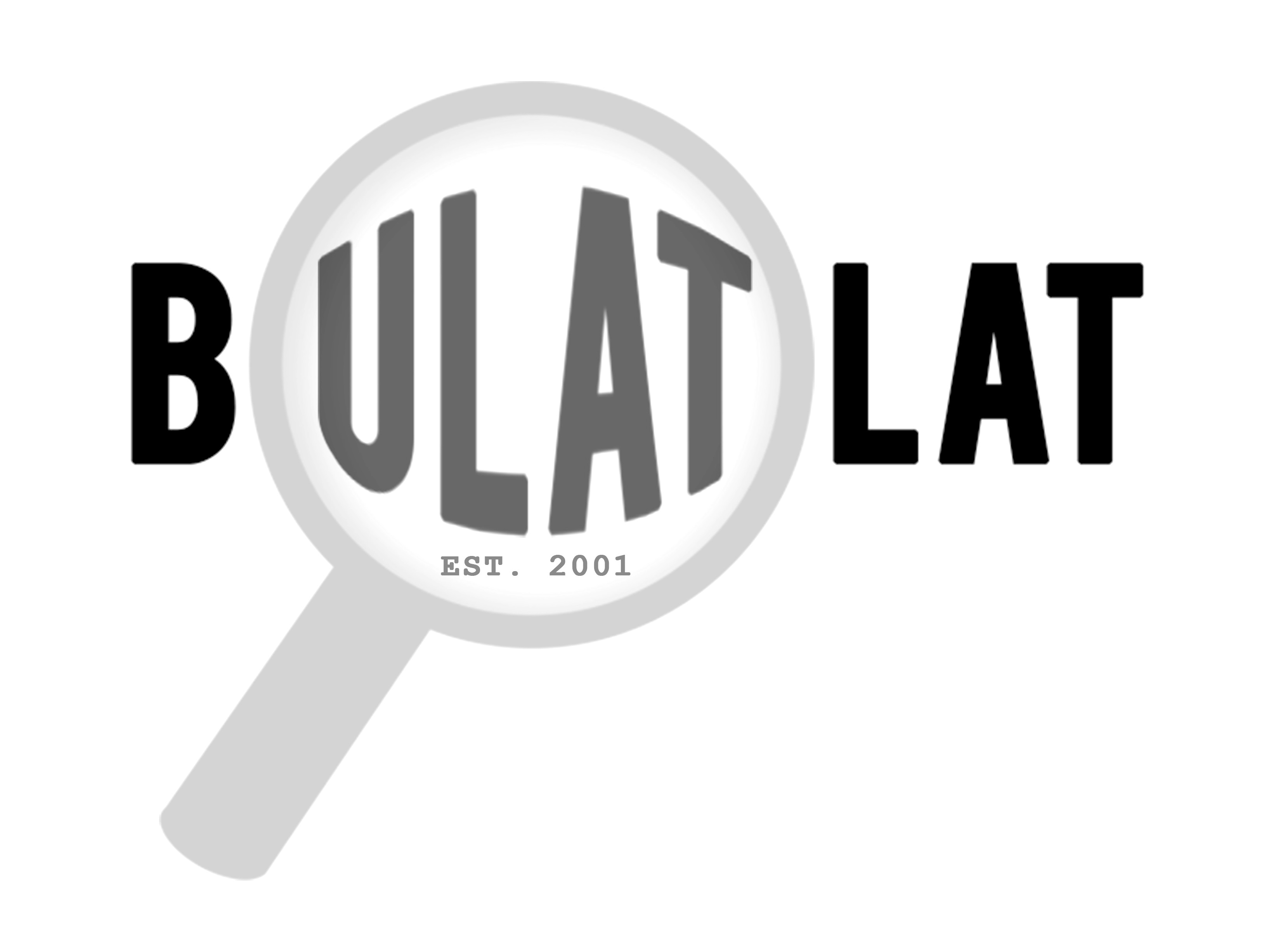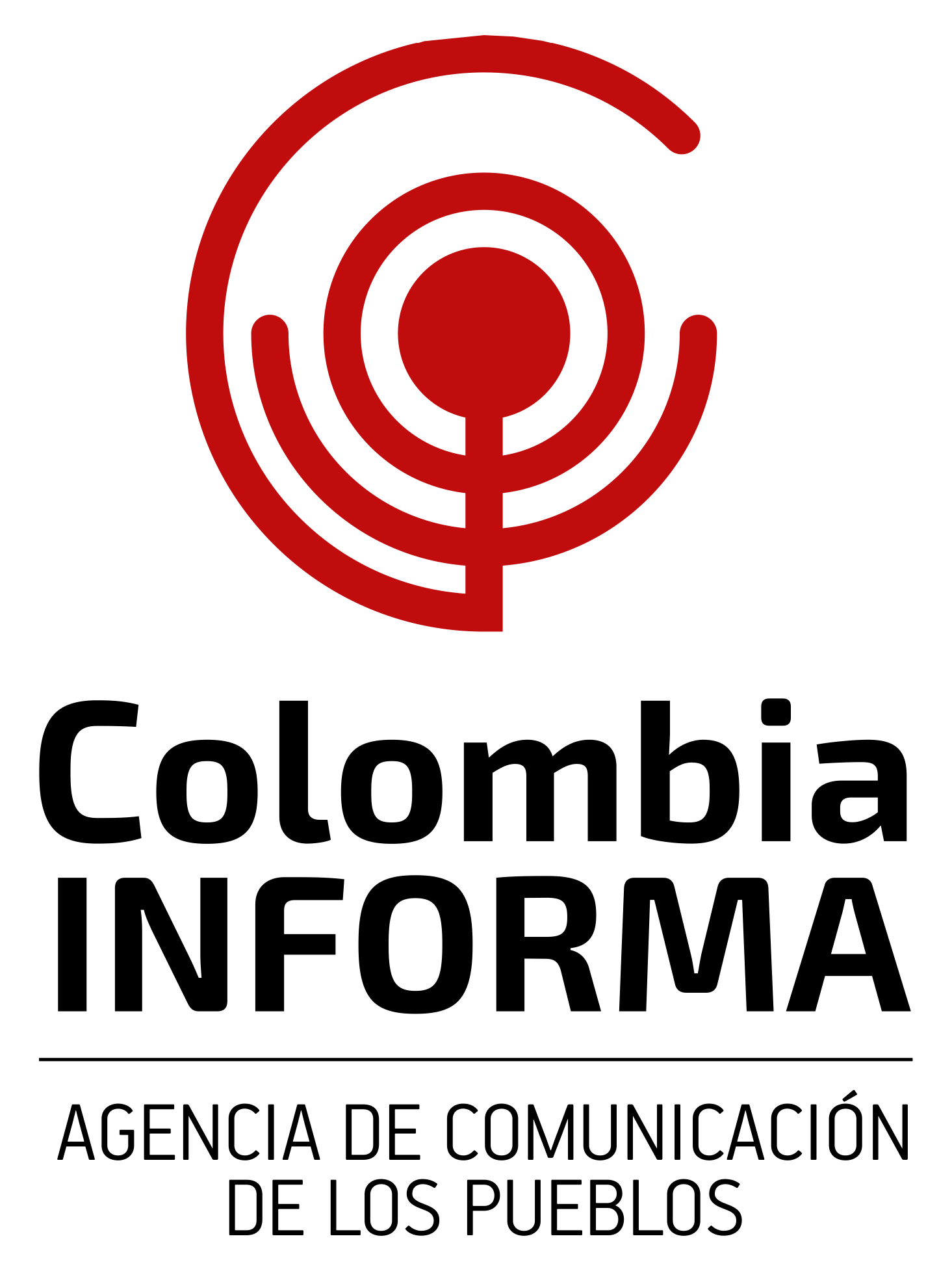MANILA – The use of violence against struggling farmers continues 37 years after the infamous Mendiola Massacre.
In a statement, Rafael Mariano, chairperson emeritus of Kilusang Magbubukid ng Pilipinas (KMP), said their plight and calls for social justice and genuine agrarian reform remain the same.
“There is still no justice up until today. There is still no genuine land reform. Landlessness remains a fundamental problem for our Filipino farmers and no program addresses these problems,” said Mariano at the University of the Philippines Institute for Small-Scale Industries (UP ISSI) on January 22.
Once a paradise
Cecil Rapiz, a farmer from Alyansa ng Magbubukid ng Bulacan (AMB), said that their land in San Jose Del Monte, Bulacan was once called a paradise. However, this changed when the land conversion projects consequently put farmers into further landlessness.
“Now, it’s a hell for us farmers. There are the MRT-7 (Metro Rail Transit Line 7), PPP (Public-Private Partnership) and the Build-Build-Build – projects that continue to displace us,” said Rapiz.
Land use conversion is the act or process of changing the current physical use of agricultural land to residential, commercial, or other non-agricultural uses.
In a 2011 UP study, a pattern of land use conversion was observed in Central Luzon and Southern Tagalog. The said regions are priority areas for land distribution for farmers, but they are also identified for the preparation and development of lands for industrialization.
In efforts to shoo them away from their lands, Rapiz said she experienced constant surveillance and harassment.
“At first, they would try to deceive us by saying that they are being organized by the youth. But then, we would find out that they are military agents. I spent years trying to find a sanctuary,” Rapiz added.
An environment of fear hounds Rapiz and her colleagues. Some members of AMB were slain, among them were the couple Roger and Lucila Vargas. “While some of us experience detention and trumped-up charges,” she added.
Rippling violence
The same grim reality also extends to Jenny Capa, a woman farmer from Samahang Magsasaka ng San Mateo (SAMA-SAMA) Norzagaray.
“Every day, we are being surrounded by armed goons until farmers are forced to leave their lands,” she said.
Capa also recounted the moment when armed goons entered her home, pointed a gun at her head, and asked her not to fight back.
“Because they were armed, I had no choice but to stand back. I cried while our homes were being destroyed by the armed goons. Even children were traumatized,” she added.
Capa said that the armed goons came from the Royal Moluccan Realty Holdings Inc (RMRHI). It can be traced in a 2019 report that RMHRI demolished houses and destroyed the properties and crops of the farmers.
“They encircled our homes with barbed wires. Every time that our children would need to go to school, we need to carry them over so they would not be wounded by those wires,” she said.
RMRHI was also behind the theft charges against the 14 farmers of SAMA-SAMA Norzagaray back in 2021. Capa was among the arrested farmers, whose crime was only to harvest their crops and coconuts in their 75.5 hectares of agricultural land.
Since 2005, the RMRHI has been claiming ownership of the 75.5-hectare land in Sitio Compra in San Mateo village, which farmers have been tilling for decades. The disputed lands were aiming to be used for the expansion of Golden Haven Memorial Park, reportedly owned by Villars.
However, these lands of Sitio Compra are protected by the Notice of Coverage (NOC) of Comprehensive Agrarian Reform (CARP). This means that the lands are categorized for distribution to agrarian reform beneficiaries, which the Court of Appeals also affirmed.
“Our children were left unattended for three days because of the charges against us. We did not know if those were our last moments together,” Capo said.
When Capo and other members of SAMA-SAMA were released, she said that the National Task Force to End Local Communist Armed Conflict (NTF-ELCAC) harassed them.
“Like the private goons, they went to our homes every day, accusing us of being a terrorist. They were inviting us to join a certain group so they could give us funds,” she narrated.
However, despite all the intimidation and harassment, Capo remained unwavering and told the agents of NTF-ELCAC that she was not an armed terrorist.
The same fight
For peasant organization Amihan, the Marcos Jr. administration continue the threats to the peasant families, communities, organizations, and unions in the country.
“Just last week in Isabela and in Dasmariñas, state forces red-tagged a union of agricultural workers, and entered a civilian farming community while carrying arms,” said Zenaida Soriano, National Chairperson of Amihan.
The military and police falsely identified two members of Unyon ng mga Manggagawa sa Agrikultura (UMA) as surrenderees of the New People’s Army (NPA) last January 12, in Sta. Maria, Isabela.
Amihan also reported that three days later, an unauthorized military truck carrying five uniformed soldiers entered the farmer community of Lupang Ramos in Dasmarinas, Cavite.
“Their sudden presence brought great fear and alarm to the residents, especially when one of the soldiers suddenly cocked his gun. This incident was only one among a series of attempted entries into Lupang Ramos by the military and police,” Amihan said in their statement.
In its recent report, peasant human rights watchdog Tanggol Magsasaka stated that 90 percent of more than 800 political prisoners in the country are peasants and peasant organizers. In the case of extra-judicial killings relating to the government’s counterinsurgency program, 93 percent of the victims belong to the peasant-farmer sector. And worse, they also listed 22 incidents of massacre, resulting in the deaths of 113 farmers.
With the same struggle of the peasant communities around the country in militarization and constant terrorist tagging, the farmers in the forum raised their fists, signifying their solidarity with the testimonials of the peasant leaders.
“We should not cower in fear. Farming and cultivating land are not terrorism. We are the ones that provide the food for the nation,” Rapiz ended. (RVO)
Foto: Mendiola massacre commemoration, January 2021. (Carlo Manalansan/Bulatlat)



